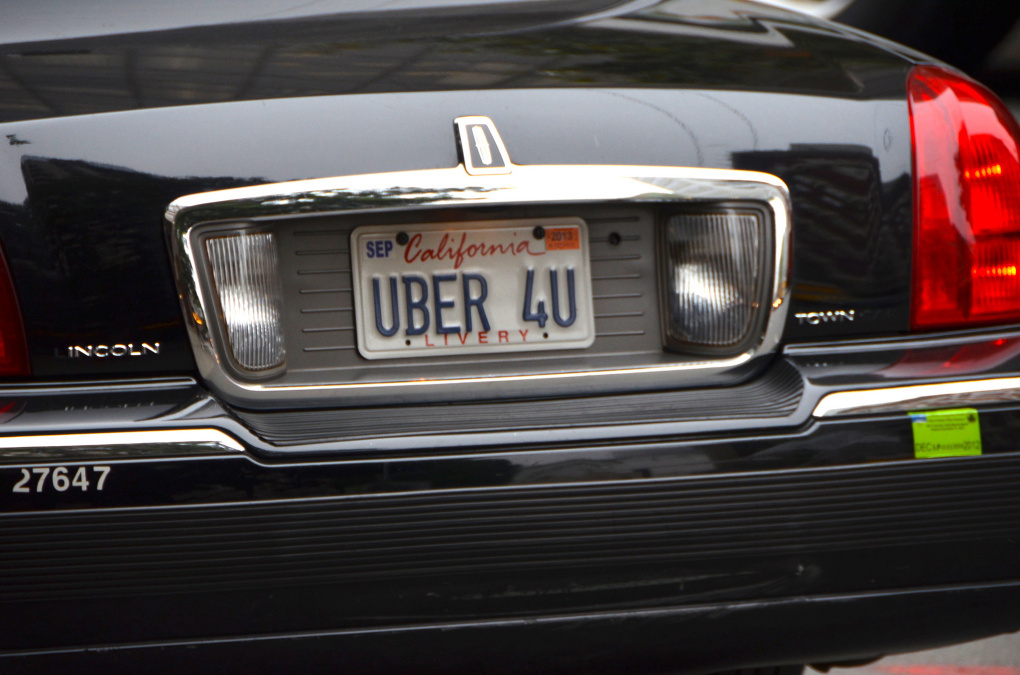Uber Sends Drivers New Contract That Includes Opting Out Of Any Current Class Actions

(afagen)
Uber, meanwhile, insists that the new agreement that employees must agree to is meant to be simpler and easier to understand than the original one, clearing up some issues that are the subject of criticism against the company and litigation. Now, the judge in the class action case has ordered Uber not to communicate with employees who are part of the lawsuit without having those communications first run past the drivers’ lawyer in the class action or the court itself.
What did the new agreement say? It asked drivers to waive their right to sue the company, forcing them into arbitration, and also demanded that drivers who want to continue with the service are barred from “participating in or recovering relief under any current or future” class action lawsuits against the company. While that does simplify the driver contract, it also caused panic among drivers who want to be part of the lawsuit.
The good news is that there is an opt-out provision, but the plaintiffs’ attorney says that her office received hundreds of calls from panicked drivers who wondered whether opting out would be enough to allow them to both drive for Uber and remain part of the lawsuit against the company. The class action seeks to have drivers treated as employees, which would include a minimum hourly rate and reimbursement of routine expenses like mileage and car insurance.
Judge Faults Uber for Confusing Drivers With New Contract [Bloomberg News]
Want more consumer news? Visit our parent organization, Consumer Reports, for the latest on scams, recalls, and other consumer issues.

